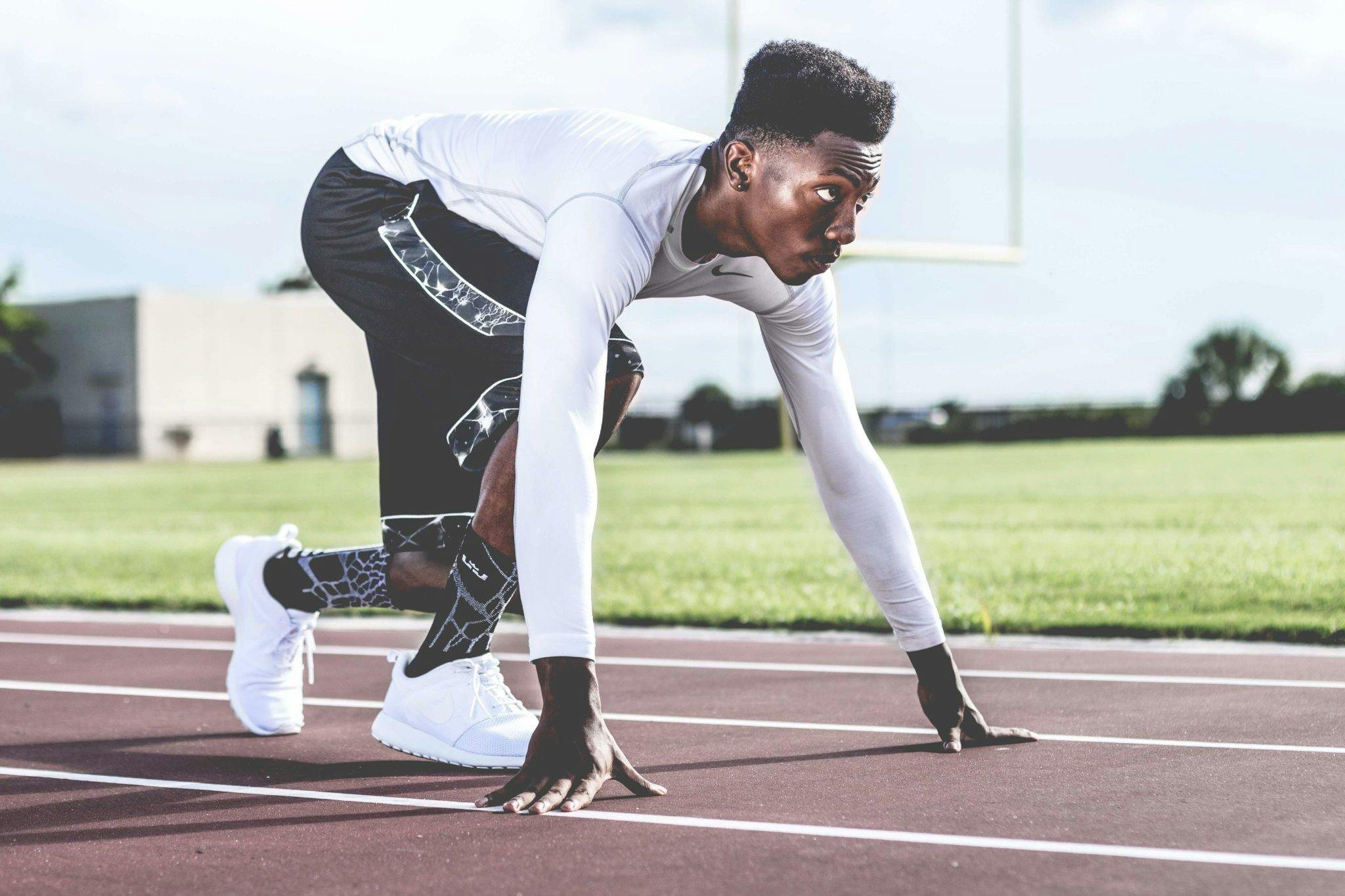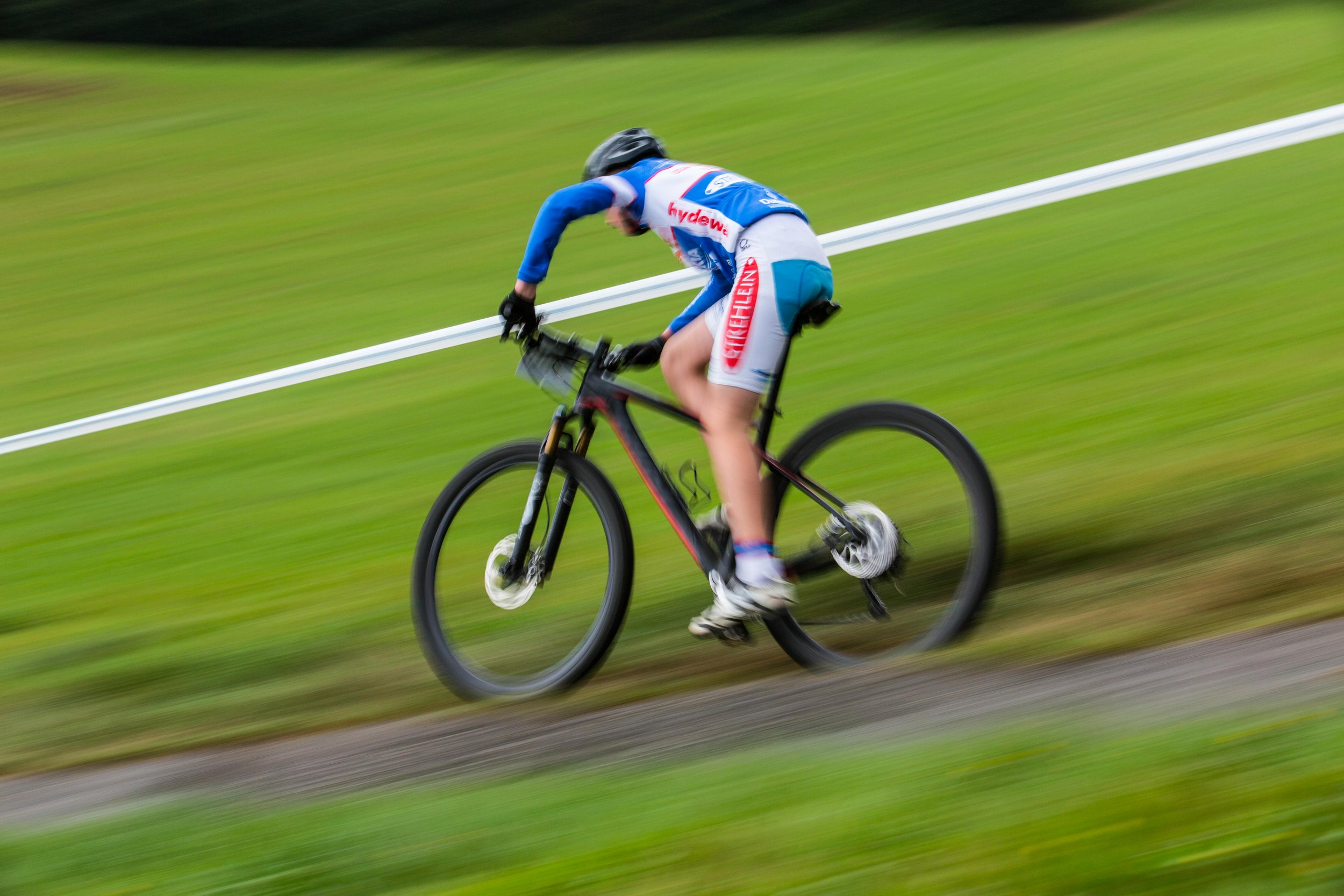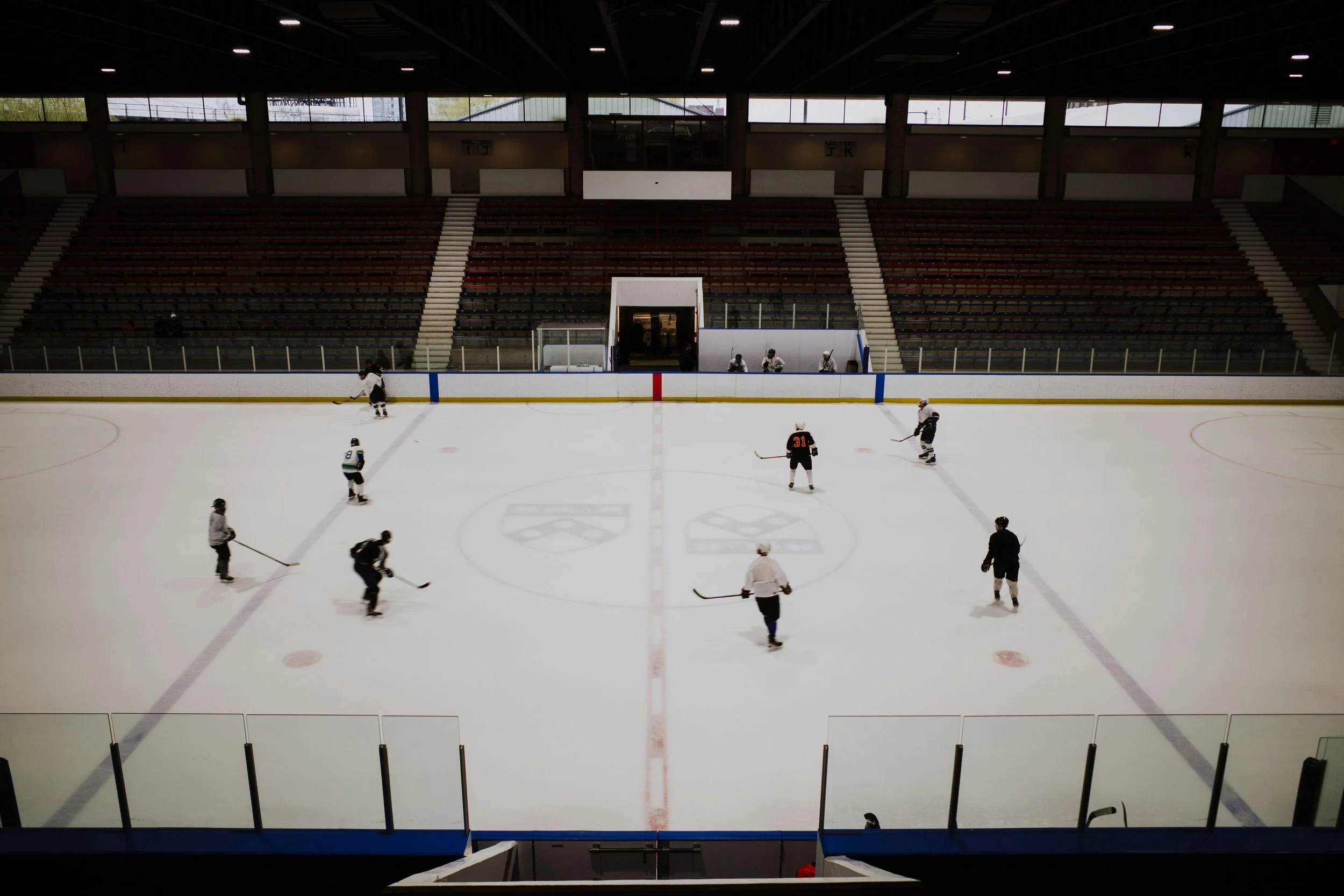

Motivation That Lasts: Building Internal Drive in Athletes
Early wins and external rewards can fuel motivation—for a while. But when progress slows and the spotlight fades, only athletes driven from within continue to show up with purpose. This blog explores why intrinsic motivation is the foundation of long-term commitment in sport, and how athletes can reconnect with the deeper drive that sustains growth, resilience, and enjoyment over time.

Compete Like a Champion: The Mindset of Winning Athletes
Confidence under pressure. Presence in the moment. Resilience in the face of setbacks. These aren't just traits athletes are born with—they’re mental muscles built through repetition and reflection. In this article, you'll learn how elite performers train their minds as intensely as their bodies, and how you can adopt the same mindset to level up in sport, business, or any competitive space.

Last-Second Leadership: Mental Prep for High-Pressure Plays
Game on the line. Seconds left. Everything’s riding on your next move. For athletes, these are the moments that define legacy — and mindset is the difference maker. In this post, you’ll learn how top performers train their minds to lead under pressure, reset quickly after mistakes, and show up with clarity when it counts most.

Locked In: How Athletes Enter the Zone When It Matters Most
You’ve seen it happen—an athlete steps in and everything clicks. The world narrows. Movements feel automatic. They're not thinking anymore—they’re flowing. But here’s the truth: the zone isn’t reserved for the lucky. It’s for the prepared.

Mind Over Moment: Peak Performance Starts in the Mind
Behind every game-winning shot or record-breaking sprint is something the crowd never sees: a well-trained mind. This blog breaks down how consistent mental routines—built through visualization, breathwork, and reframing—transform pressure into presence. Because when the stakes are highest, mental prep is what allows athletes to rise.

What We Can Learn From The Toronto Blue Jays
This isn’t just a comeback story—it’s a blueprint for performance under pressure. The 2025 Blue Jays didn’t find magic in mid-season trades or MVP stats. They found it in clearly defined roles, a united team culture, and the discipline to stay locked in when it mattered most.

Handling Team Conflict Like a Pro: EQ Strategies for Athletes
Conflict is part of every team sport—but what happens next determines whether it divides or strengthens your team. This blog explores how emotional intelligence helps athletes manage tension, communicate with care, and use conflict as fuel for connection. Because real leadership isn’t about avoiding tough moments—it’s about transforming them.
Have a Question for Us?
Call us at 437-826-9365 or schedule an ask us anything chat.
We can talk about how working with a therapist and/or mental performance coach can help you.
No charge. No obligation.